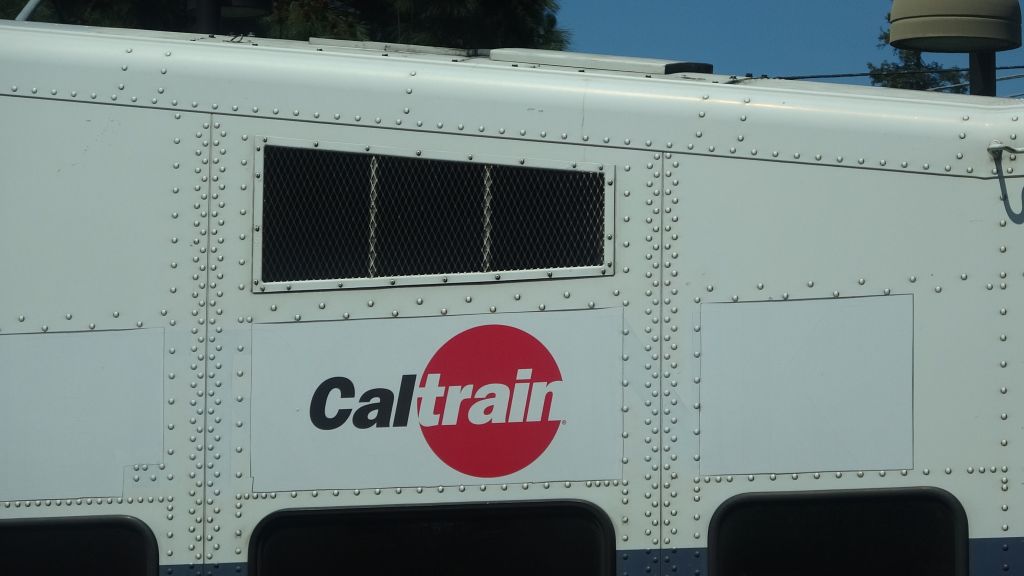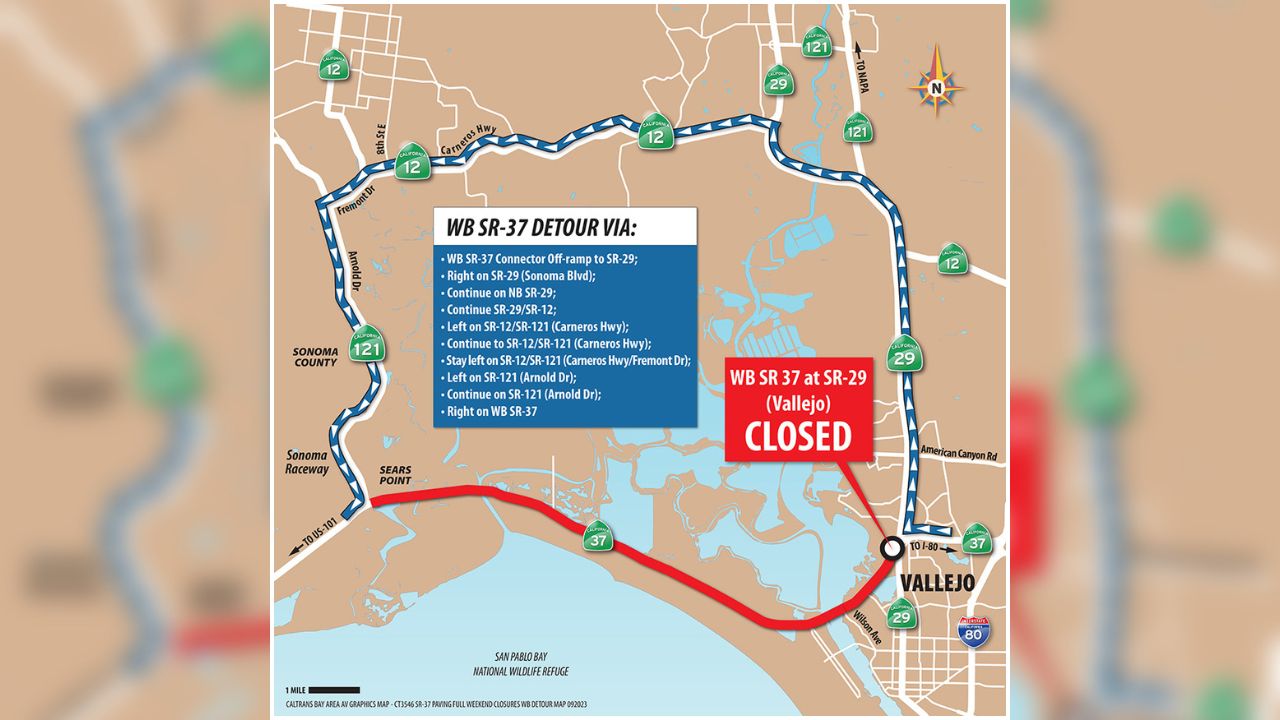What to Know
- U.S. Continues to Lag Behind Other Countries in Testing for Coronavirus
- President Trump Promises 2 Million Additional Tests by Next Week
- Walmart, Target, CVS, and Walgreens Will Soon Host Drive-Thru Testing Centers in Store Parking Lots Across the Country
While the U.S. is one of the most populated countries impacted by the coronavirus, it continues to lag behind other nations in its ability to identify patients infected with COVID-19. The virus has killed more than 5,800 globally, including at least 54 people in the U.S., according to the latest tally by Johns Hopkins University of Medicine.
The FDA approved a new test for the virus
President Trump
“Using federal emergency authorities, the FDA approved a new test for the virus,” President Trump said during a press conference on Friday. As a result, Mr. Trump said nearly 2 million additional tests will become available in the U.S. next week.
“Five million within a month,” he added. “I doubt we’ll need anywhere near that.”
With a total population of more than 329 million people, the U.S. has only performed just over 16,000 coronavirus tests, according to the last count from the Centers for Disease Control. That figure, however, does not reflect the actual number of patients tested for the virus since a single patient may have had to undergo more than one test in order to be properly diagnosed.
For example, a patient may have had to submit a swab of the nose and throat as well as cough up phlegm into a cup as part of the testing process. As a result, it remains unclear exactly how many people in the U.S. have been tested for coronavirus.
Local
It’s evident, however, the nation lags far behind other countries, such as South Korea, which made its first coronavirus diagnosis around the same time as the U.S. and has still managed to test more than 200,000 people.
We don't want everybody taking this test; it's totally unnecessary
President Trump
“We don’t want everybody taking this test; it’s totally unnecessary,” said Trump, who explained that testing should continue to be reserved for especially vulnerable populations, including the elderly and those already exhibiting symptoms. “This will pass. This will pass through, and we’re going to be even stronger for it. We’ve learned a lot. A tremendous amount has been learned.”
Walmart, Target, CVS, and Walgreens to Allow Testing Centers in Store Parking Lots
On Friday, Trump announced a partnership with America’s big box retailers that would allow the federal government to setup drive-thru testing centers in store parking lots across the country, including Walmart, Target, CVS, and Walgreens.
“We were eager to do our part to help serve the country,” said Doug McMillion, Walmart President and CEO. “We’ve been asked to make portions of our parking lot available in select locations in the beginning, and scaling over time as supply increases, so that people can experience the drive-thru experience.”
During the White House press conference on Friday, the Trump administration also announced a new screening website, designed by Google, that will soon allow patients to answer questions about their symptoms and, if deemed necessary, users would then be directed to the nearest testing site where results could be provided in 24 to 36 hours.
Trump attributed the future surge in coronavirus tests to the FDA’s expedited approval of a new type of test designed by Roche, a healthcare research company.
“We did this within hours after receiving the application from Roche,” Trump said. “A process that would normally take weeks.”
Up until recently, the U.S. largely relied on the CDC to test people for the coronavirus. The agency created America’s test for the virus, which it then distributed to public health labs across the country. In the wake of overwhelming demand, however, universities and private labs, including Quest Diagnostics and LabCorps, have since designed their own tests to diagnose even more patients.
“We expect to be able to perform 10,000 tests a day by the end of next week and 20,000 tests a day by the end of the month,” Quest Diagnostics spokesperson Rachel Carr said in a statement. “Assuming there are no delays or shortages of necessary materials and supplies, commercial capacity is expected to exceed 280,000 tests per week by April 1.”
LabCorps tells NBC Bay Area the company can now test several thousand people a day, but did not provide a more detailed figure.
Since testing for the coronavirus began in the U.S., tests have been reserved for the elderly with underlying health problems and patients already exhibiting symptoms, such as a high fever or respiratory problems. Being exposed to someone known to be infected with coronavirus isn’t enough to be prioritized for testing. In fact, the only way to get tested is to first obtain a referral from a doctor or an order from the public health department.
Physicians have told the NBC Bay Area Investigative Unit they would certainly refer far more patients for testing if it were not for the federal government’s narrow guidelines.
On Friday, however, Vice President Mike Pence gave a different accounting of who is able to undergo testing in the country.
VP says anyone "regardless of their symptoms" can get tested
“Now, anyone in consultation with their physician, regardless of their symptoms can request a test,” Pence said.
“Very soon, Americans will be able to go to these — these drive-in sites and be able to obtain and participate in a test.
The Trump administration did not detail when the new drive-thru centers would begin operating across the country.
On Thursday, Governor Newsom expressed his frustration over the lack of usable test kits California labs have received from the federal government.
The tests are not complete
Gov. Gavin Newsom
“I continue to reinforce that the tests are not complete, meaning in every case, the tests do not include the RNA extraction kits, the reagents, the chemicals, the solutions that are components of the broader test,” Governor Newsom said.
“This is imperative that the federal government . . . and labs across the U.S. – not just the state of California – get the benefit of all the ingredients that are components of the test.”
The Governor compared the missing components to “going to the store, purchasing a printer, but forgetting to purchase the ink.”
“You need multiple components,” he added. “It’s incumbent upon all of us to make sure those components are intact.”



